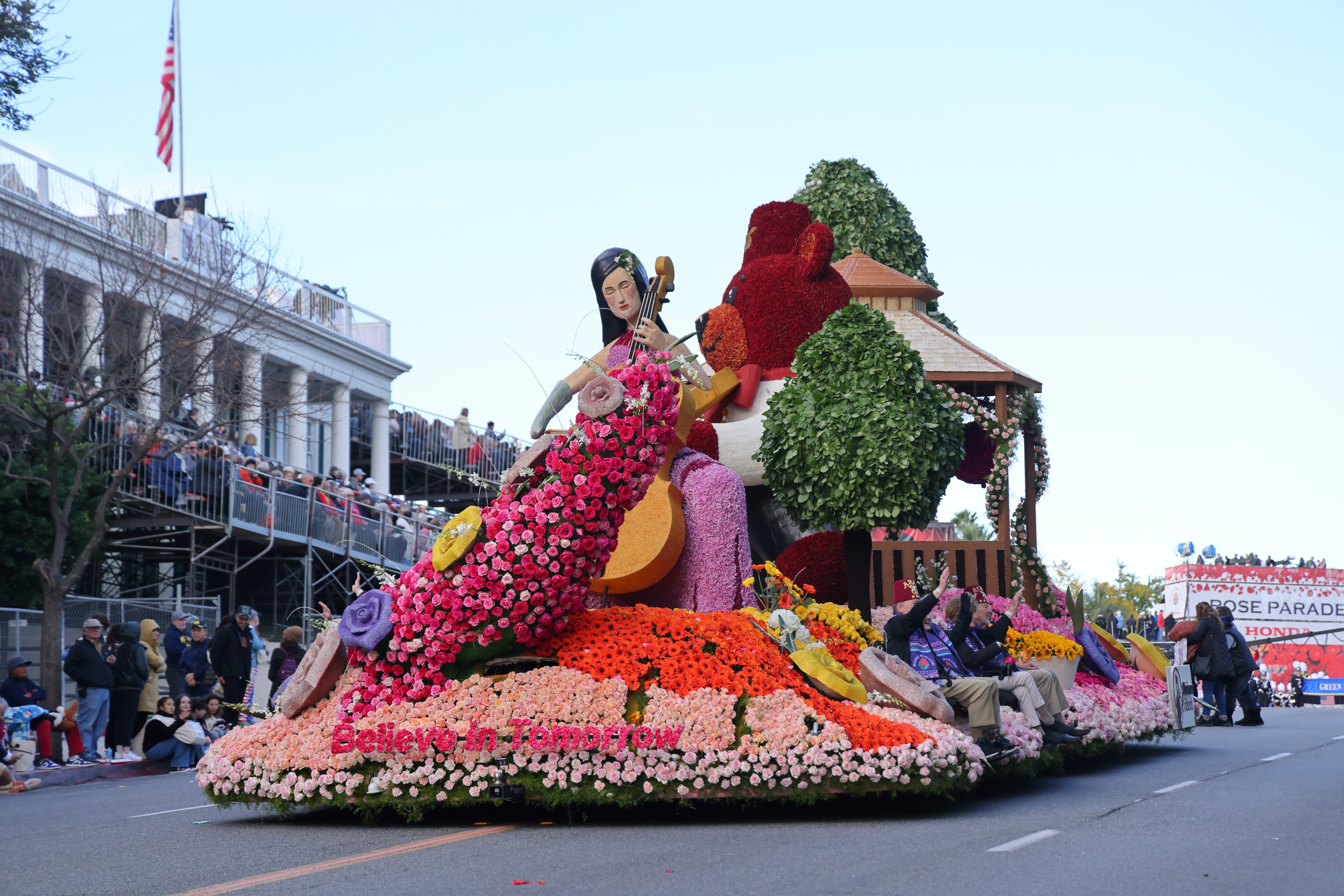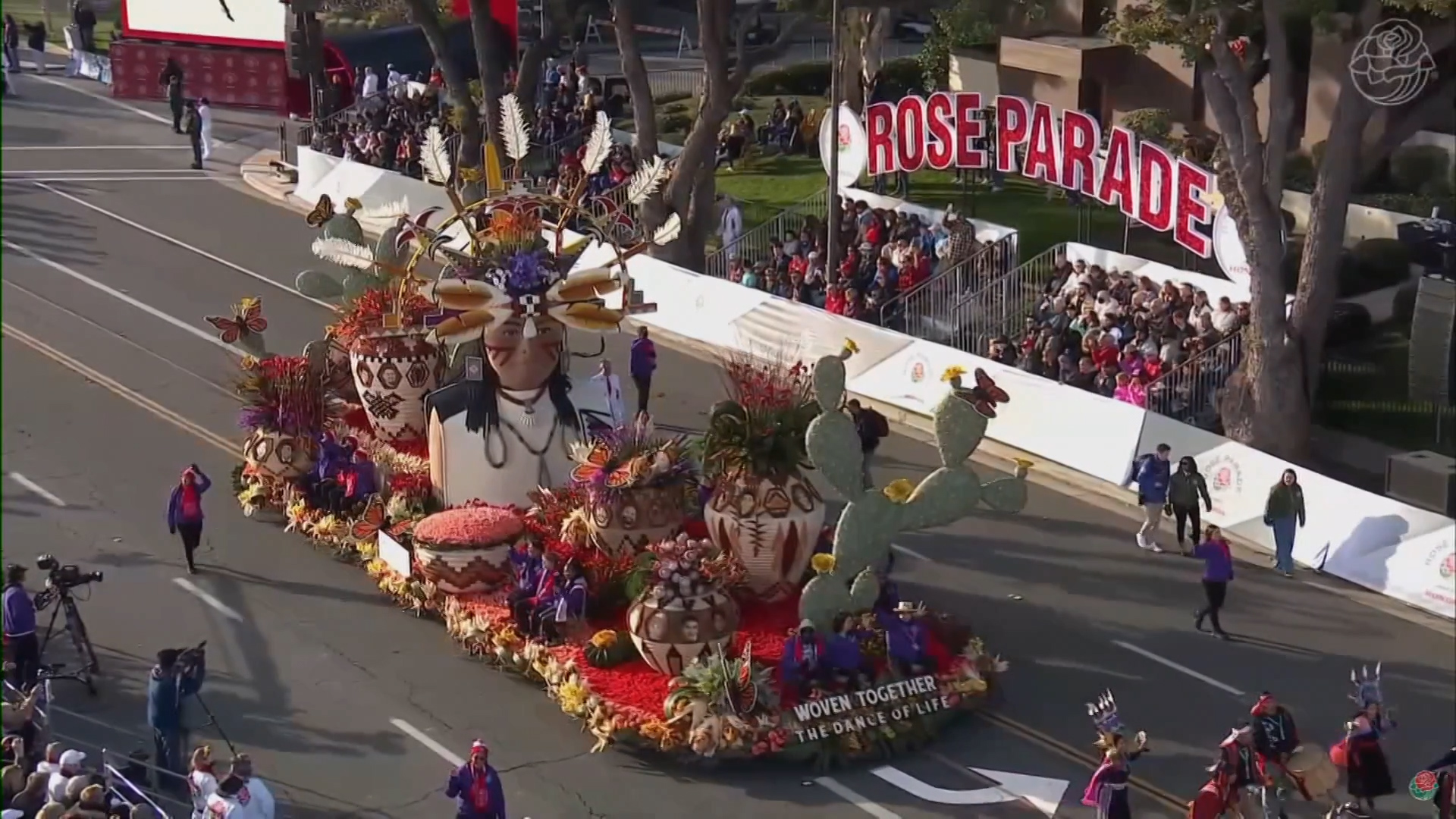
The holidays always bring a bevy of beverages for seasonal sipping. In recent years, we’ve tried the Gingerbread Martini, the Rudolph, and the Snowglobe. This year, apparently, we’re making hot Dr Pepper.
Yes, it’s the same old soda standby you know and love, but with a literal twist! To make this trending tipple, you just heat Dr Pepper, add a slice of lemon and serve. You can warm it up in a mug once the carbonation dies down, or just Crock-Pot a whole 2-liter for a crowd.
The Dr Pepper Museum serves it every winter, but it’s not the only one: Hudson Valley’s massive and legendary antiques store Newbergh Vintage Emporium is using it to add that nostalgic holiday touch, because as popular as it is at the moment, it’s actually nothing new.
Dr Pepper first promoted the recipe in the 1960s to bump lagging sales in winter, as in this classic Dick Clark TV spot:
Some versions even suggested spiking it with rum and calling it a “Boomer.”
Holidays
From gift guides to local events, we're here to help you celebrate in style.
Although not many people have remembered it until now, it was something of a staple at gameday concession stands and teens’ parties in the ‘60s and ‘70s (sans rum), at least in some parts of the country.
If you dig around in newspaper archives, you’ll see most mentions center in Texas, and that’s no coincidence: Dr Pepper was invented in Waco in 1885, making it the oldest soda in the United States.
Feeling out of the loop? We'll catch you up on the Chicago news you need to know. Sign up for the weekly> Chicago Catch-Up newsletter.
According to brand lore, a young pharmacist at Morrison’s Old Corner Drug Store was aiming to make a beverage that tasted the way the air around the flavored syrups counter smelled — and Dr Pepper was born.
That spicy-fruity background of indistinguishably commingled aromas is allegedly what makes Dr Pepper work as a hot drink. The recipe is a hilariously closely-guarded secret, of course, but the company is willing to disclose that there are 23 flavors that go into the final product, and it is rumored to include things like cherry, apricot, almond, licorice and anise. The only thing I can say for sure? It doesn’t have prunes in it. That persistent rumor has been thoroughly debunked.
Now that I feel reassured that there’s no prune juice in it, I’m ready for a taste test! Since I am a late-20th-century native Texan, I actually had this a few times growing up and remember it fondly. Still, sometimes the fog of yesteryear clouds the truth and I feel a rising dread. Is this beverage up-and-coming or a has-been?
I prefer sodas made with cane sugar and I’m betting, for this drink, that’s doubly important. Real sugar has a more complex flavor and crisper finish than corn syrup and heating can bring out the less desirable mouthfeel and flavor of the latter.
I poured it into a microwave-safe mug, stirred to banish most of the bubbles and heated for 1 minute. It smells uncannily familiar.

Warming happily brings the purported spice flavors to the forefront but I found the first sip too sweet. (Carbonation isn’t just bubbles; it reacts to form carbonic acid and adds a tartness that you’ll find lacking when it goes flat.) I rubbed the peel on the mug lip and added a giant squeeze of lemon with a tiny smidge of sea salt, maybe 10 fine grains, to smooth out the sweetness. With those tweaks, it’s solidly in drinkable territory, at least for old times’ sake.
If you’re a devotee of the recent dirty soda fad, you may be tempted to add a little drizzle of half-and-half, but I wouldn’t risk it. With that extra lemony acidity, the resulting curds and whey will have you wondering if there’s a doctor in the house.
On that suspect dairy note, it turns out Dr Pepper is having a banner year with a second trending holiday drink, Dr Pepper and eggnog, or “Pepp Nog,” if you will.
There’s no set recipe on social media, but there is at least one in published form, in the “Garvin County Extension Homemakers Recipe Book 1980.” That one has a lot more eggnog than Dr Pepper, but the ones trending online have the opposite ratio. Let’s try both!
I agree with most of the taste testers on social media about the mostly Dr Pepper version; it’s not good. It didn’t curdle at least, but it’s something like Yoo-hoo gone very wrong, simultaneously too watery and too sweet. There’s a strange, sour aftertaste, perhaps the nutmeg clashing with the cola flavor. It also makes a scummy-looking foam until it calms down a bit. Bah humbug!

The other way around, roughly 80% eggnog and 20% Dr Pepper, is a lot better. Don’t get me wrong — it’s still weird — but it doesn’t foam so alarmingly, and the flavors are more harmonious. I actually added extra nutmeg. I think it’s best very cold, and after I let it sit with a few ice cubes and dilute slightly, it wasn’t so (cringe) viscous.
Of the three, I think the last is best. It has classic holiday flavors, some retro appeal and a little modern pizazz.
If you don’t do milk? Dr Pepper has recipes for beverages online including oat milk as an ingredient, so if you don’t want to find out the hard way which plant milks curdle, maybe opt for one of the oat nogs on the market.
If you don’t do eggnog? In that case, I’m not sure I can help you. Maybe you should shake up a big green glass of the Grinch!
This article first appeared on TODAY.com. Read more from TODAY here:



